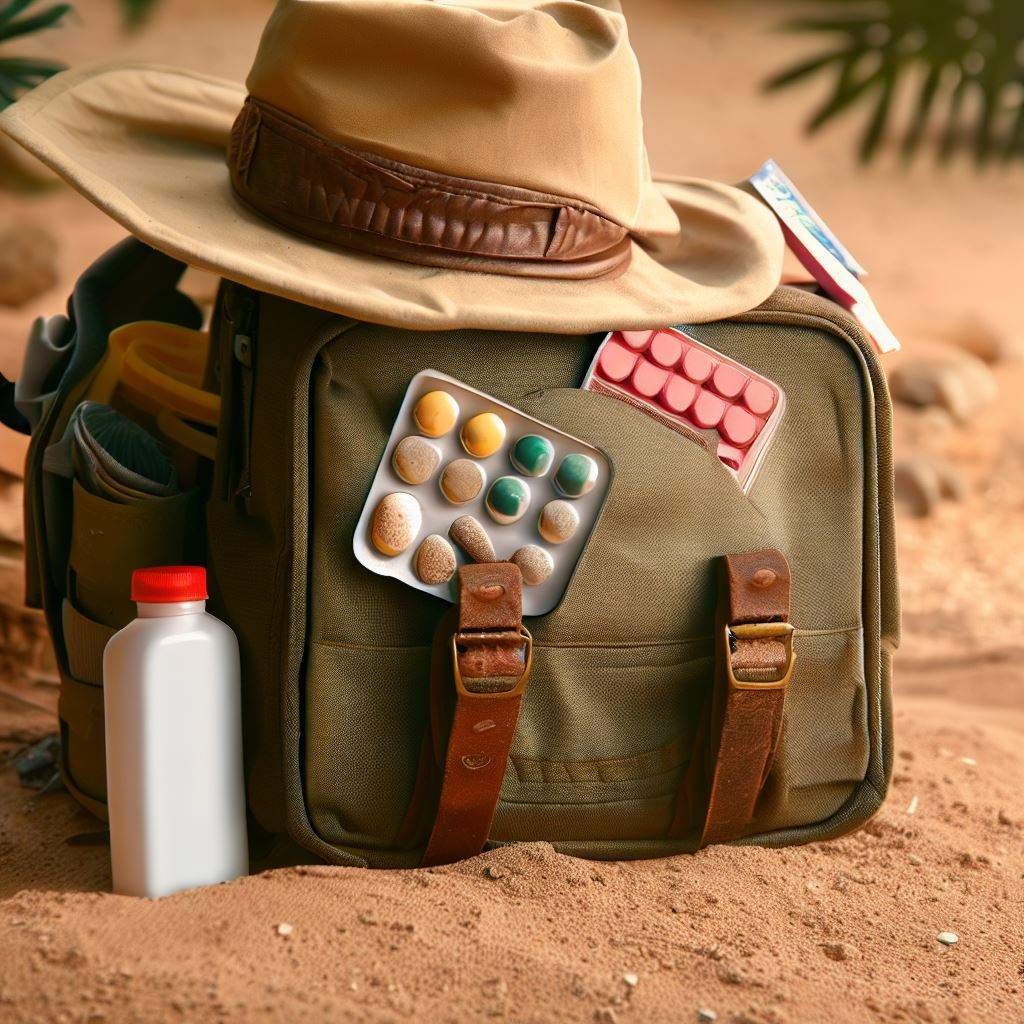Introduction:
Embarking on your first safari adventure is an exciting and potentially life-changing experience. It offers you the chance to immerse yourself in the stunning natural beauty of the wild and witness incredible wildlife up close. However, safaris also come with their own challenges, and it’s essential to be prepared to ensure your safety and health. This comprehensive guide will provide 10 tips for first-time safari-goers, allowing you a memorable and worry-free journey.
Choose a Reputable Safari Operator:
Selecting a reputable operator is one of the first and most crucial steps in planning your safari. Research different operators thoroughly, read reviews, and ask for recommendations from friends or travel forums. Ensure that the operator adheres to safety and ethical guidelines, employs experienced guides, and prioritizes the well-being of tourists and the environment.

Consult a Travel Clinic:
Before embarking on your safari, visit a Travel clinic or consult your healthcare provider for vaccinations and Health advice specific to your destination. Malaria, yellow fever, and typhoid can be prevalent in some safari regions, so taking necessary precautions, including prophylactic medications and vaccinations, is vital.

Pack Proper Medications and First Aid:
Create a well-stocked Travel medical kit that includes essentials like antimalarials, insect repellent, pain relievers, and any prescription medications you may need. Be prepared for common health issues such as minor injuries, allergies, or upset stomachs. Having these supplies on hand can significantly improve your comfort and safety during the trip.

Dress for the Occasion:
Your choice of clothing can significantly affect your comfort and protection during a safari. Opt for neutral-colored, lightweight, and breathable clothing that blends into the environment and helps regulate your body temperature. Remember to pack a wide-brimmed hat, sunglasses, sunscreen, and comfortable closed-toe shoes for walking safaris.

Stay Hydrated and Eat Wisely:
It is important to stay hydrated in the African wilderness, particularly in hot and dry areas. To prevent dehydration:
- Carry a water bottle that can be reused, and drink plenty of water.
- Only eat well-cooked food from reliable lodges and camps to avoid foodborne illness.
- Avoid eating raw food and only drink bottled or filtered drinking water.

Practice Wildlife Etiquette:
Safaris are all about respecting wildlife and its natural habitat. Maintain a safe distance from animals, never approach them on foot unless accompanied by an experienced guide, and refrain from making loud noises or sudden movements. Adhering to these guidelines ensures your safety and contributes to ecosystem preservation.

Be Sun-Smart:
African safaris often involve extended exposure to the sun. Protect yourself from harmful UV rays by applying sunscreen with a high SPF rating, wearing UV-protective clothing, and reapplying sunscreen throughout the day. Remember to protect your lips and eyes with lip balm and sunglasses.

Respect Local Cultures:
You may be taken on a safari through local villages. Respect their traditions and customs. Ask for permission to take photos of other people or animals. Respecting the culture of your host country can enrich and enhance your safari.

Stay in Accommodations with Security Measures:
Look for lodges and camps where the guest’s safety is a priority. Secure fences are a must, as are well-trained personnel and a 24/7 security staff. It’s important to have extra protection, particularly when staying near wild animals.

Learn Basic Safari Safety Rules:
Before setting out on your safari, familiarize yourself with the basic safety rules and guidelines your safari operator provides. These may include instructions for handling encounters with wild animals, staying inside your vehicle during game drives, and securing your belongings to prevent wildlife from accessing your campsite.

Conclusion:
A safari is a unique and awe-inspiring adventure that allows you to connect with nature and witness the majesty of wildlife in their natural habitat. By following these ten first-time safari tips, you can ensure your safety and health while creating lasting memories. Remember to research, plan, and prepare adequately to make the most of your safari experience. Stay safe, stay healthy, and savor every moment of your extraordinary journey into the wild.









